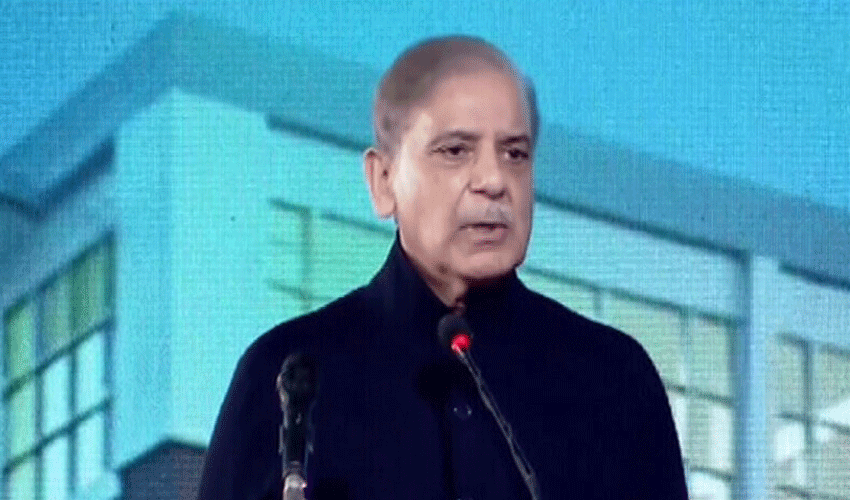Policy-level talks between Pakistan and the International Monetary Fund (IMF) have commenced, focusing on crucial economic reforms aimed at reducing unnecessary expenses and securing a new loan program.
Led by Finance Minister Muhammad Aurangzeb, the Pakistani economic team presented a comprehensive plan to the IMF team, led by Nathan Porter, to curtail expenses by approximately Rs300 billion in the next fiscal year.
The proposed measures also include a ban on fresh recruitment to vacant posts in grades 1 to 16, no allocation of development funds for parliamentarians, and the introduction of a partnership-based pension scheme. Additionally, the government has outlined plans to cease funding ongoing provincial development projects and refrain from establishing new universities, with provinces expected to finance their educational institutions independently.
Also Read: Pakistan-IMF technical talks conclude; policy-level discussions to begin on May 20
Furthermore, pension reforms at the request of the IMF are on the agenda, with a proposed partnership pension scheme slated for implementation for all new recruits, excluding defense and police personnel.
Officials from the Ministry of Finance highlighted the significant rise in the pension bill, estimating it to reach Rs960 billion in the upcoming fiscal year, compared to Rs801 billion in the current fiscal year.
Also Read: Cut down expenses or risk economic woes, IMF tells Pakistan
The negotiations, expected to continue until May 23, will determine the volume and terms and conditions of the new loan program, budget targets, tax and non-tax revenue, and macroeconomic targets for the fiscal year, in consultation with the IMF.
Moreover, there is a possibility of a total ban on the development funds of members of parliament next year, for which Rs90 billion was allocated this year.
However, the IMF has yet to provide confirmation regarding a potential staff-level agreement at the conclusion of negotiations. The end of the negotiations is likely to pave the way to a staff-level agreement between the parties.



























